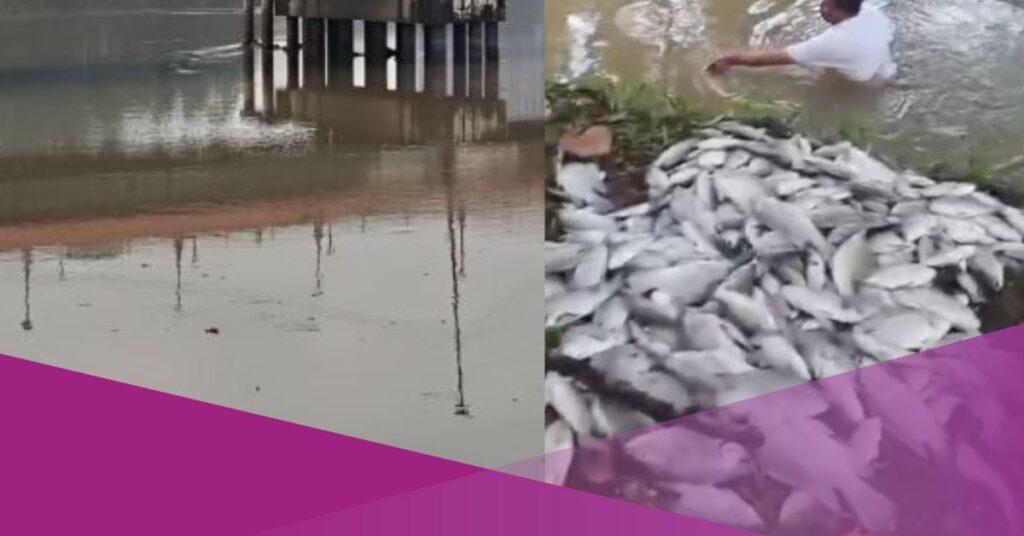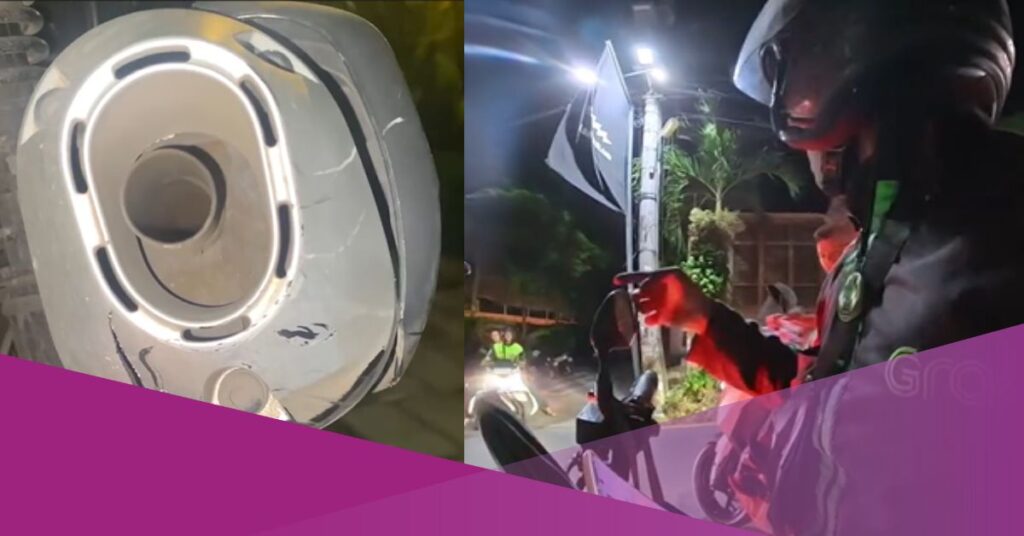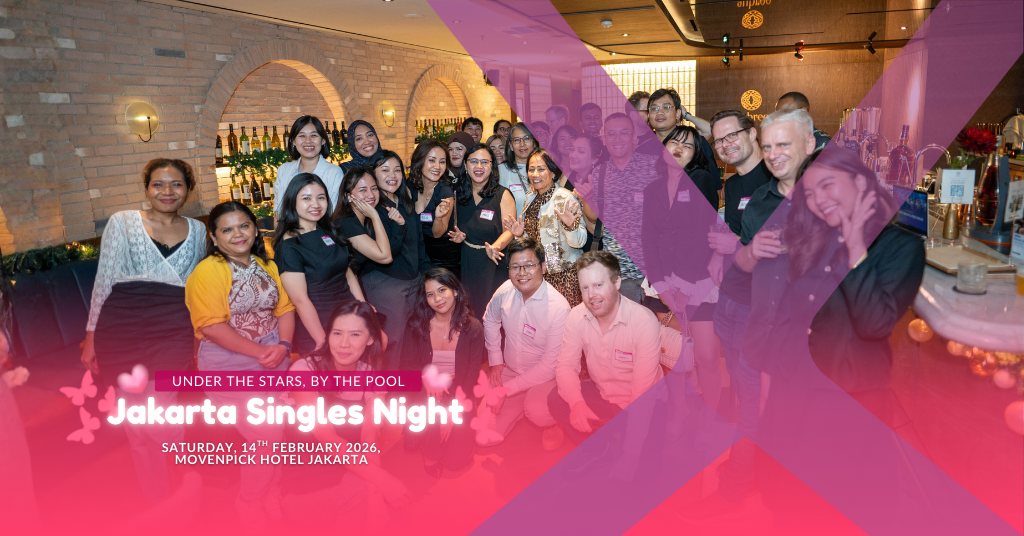Bali Governor I Wayan Koster has ordered the complete halt and dismantling of the glass elevator project at Kelingking Beach, Nusa Penida, following findings of five major regulatory violations.
The company, PT Indonesia Kaishi Tourism Property Investment Development Group, has been given six months to dismantle the structure independently. If the company fails to comply, the Bali Provincial Government and Klungkung Regency will carry out the demolition in line with legal requirements.
Koster said his decision was based on the findings of the Bali Regional People’s Representative Council (DPRD) Special Committee on Spatial Planning, Assets, and Licensing (TRAP), as well as the provincial government’s own field inspections.
He also emphasised that environmental and cultural considerations played a central role in the decision.
“Therefore, I have decided to take firm action by ordering PT Indonesia Kaishi Tourism Property Investment Development Group to halt all glass elevator construction activities,” Koster said in Denpasar, as reported by Antara on Sunday, 23 November 2025.
The Governor first visited the project site in Bunga Mekar Village, Nusa Penida, before delivering the order.
During the inspection, authorities clarified that the project occupied three separate building zones, each of which falls under different layers of jurisdiction: Klungkung Regency, the Bali Provincial Government, the central government, and the Ministry of Maritime Affairs and Fisheries.
VIOLATIONS ACROSS THREE CONSTRUCTION ZONES
The project extends across three areas: Zone A on the plateau above the cliff, Zone B on land at the base of the ravine, and Zone C on the beach and coastal waters directly beneath the cliff. Each zone carries distinct legal and spatial planning requirements.
In Zone A, the investor constructed a 563.91-square-metre ticket booth on land under the authority of Klungkung Regency. Any development in this area must follow Bali Provincial Spatial Planning Regulation No. 3 of 2020 and Klungkung Regency Regulation No. 1 of 2013.
In Zone B, the land is categorised as state land under the authority of the central government or, at a minimum, the Bali Provincial Government.
In Zone C, the beach and adjacent coastal waters fall under the jurisdiction of the Ministry of Maritime Affairs and Fisheries and the provincial government.
Across these three zones, the investor built three main structures: the cliff-edge ticket booth, a connecting flyover, and the glass elevator, which includes a restaurant and foundation system at the base of the cliff.
According to the provincial government, all three structures are subject to administrative and legal challenges due to violations of spatial and coastal regulations.
The TRAP Committee noted breaches of Bali Provincial Regulation No. 3 of 2020, which governs spatial planning and carries sanctions requiring demolition and restoration of spatial functions.
The committee also identified violations of Government Regulation No. 5 of 2021 on Risk-Based Business Licensing. These violations carry administrative sanctions, including government coercion for demolition and the suspension of all activities.
Further breaches involve Law No. 27 of 2007 on Coastal Area Management, as elaborated in Bali Governor Decree No. 1828 of 2017, which outlines zoning rules for the Nusa Penida Marine Conservation Area. This regulation also allows administrative sanctions requiring demolition of structures built unlawfully within designated zones.
In his statement, Koster also referred to violations of Bali Provincial Regulation No. 5 of 2020 on Standards for the Implementation of Balinese Cultural Tourism. The regulation sets requirements aimed at preserving the authenticity and cultural value of tourism destinations.
Koster stated that the elevator development ”alters the authenticity of the tourist destination”, a violation which carries criminal sanctions under the regulation.



































